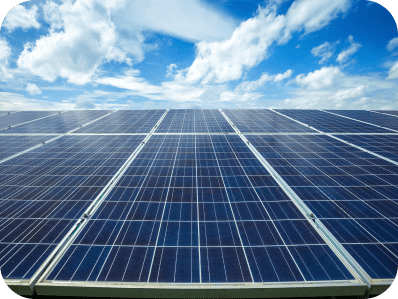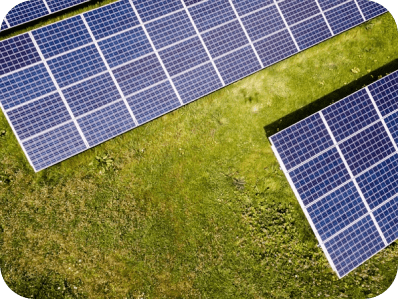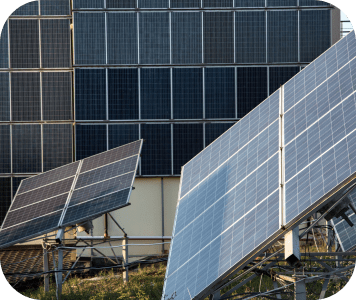Residential Homes
You can now employ the sun’s energy to save money and power your home with residential solar energy today. No more expensive electricity bills to pay and rather embrace your home with clean energy that will benefit your wallet in the long run. Installing solar panels saves energy bills while at the same time adding value to the house making it sustainable in the future.
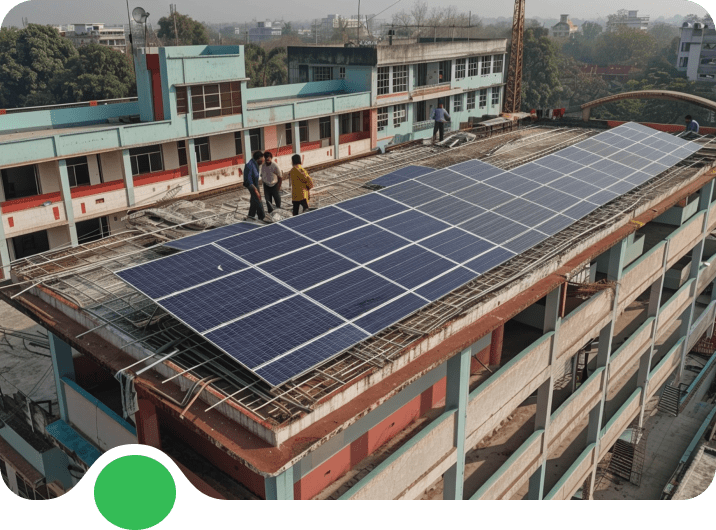
Are you ready to tap into the benefits of solar energy for your home? Let’s make your energy bills lighter and your footprint greener!
Installing solar for residential homes will aid you in cutting down on your power bills with net metering and even sell excess power back to your utility company. Spend on solar solutions for your family and the future of the earth.
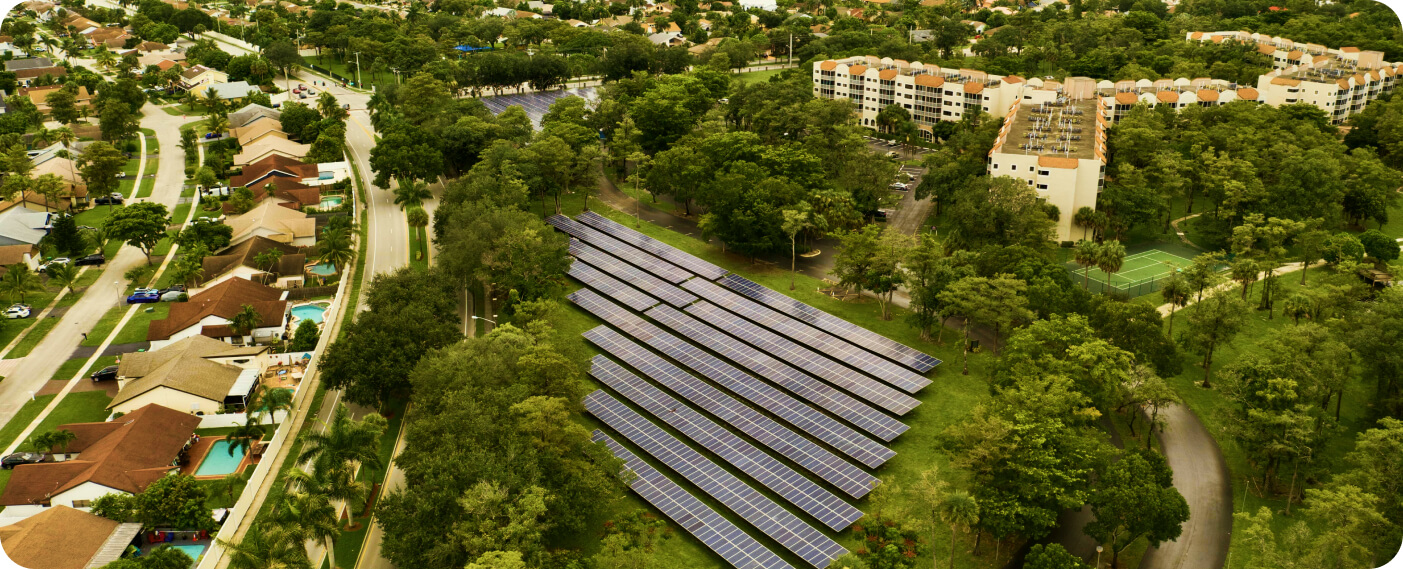
Discover the benefits of improving your rural home with solar energy. With grid-connected solar for your rural home, you can benefit from a massive reduction in energy bills while acquiring energy self-sufficiency.
Renewable sources of power guarantee a standby power supply during a power blackout, thus avoiding damages to important appliances or farming implements. As government grants and subsidies have become easily available, this is the best time to transition over. Enquire at Alter Carbona and learn how solar can revolutionize your rural home.

Green the roofs of your apartments with AlterCarbon today.
Switching to solar power in apartment complexes can help lower electricity bills for shared spaces, making life more affordable for everyone. This smart move also gives residents more energy independence, especially in areas where the power supply can be unreliable.
Plus, rooftops can serve as both energy generators and inviting communal spaces. Adding solar energy to apartment complexes offers great benefits for tenants. It not only appeals to eco-conscious renters but also helps lower utility bills through shared savings. Plus, community solar options encourage tenant engagement and support sustainability goals, making it easier for developers to earn green certifications.
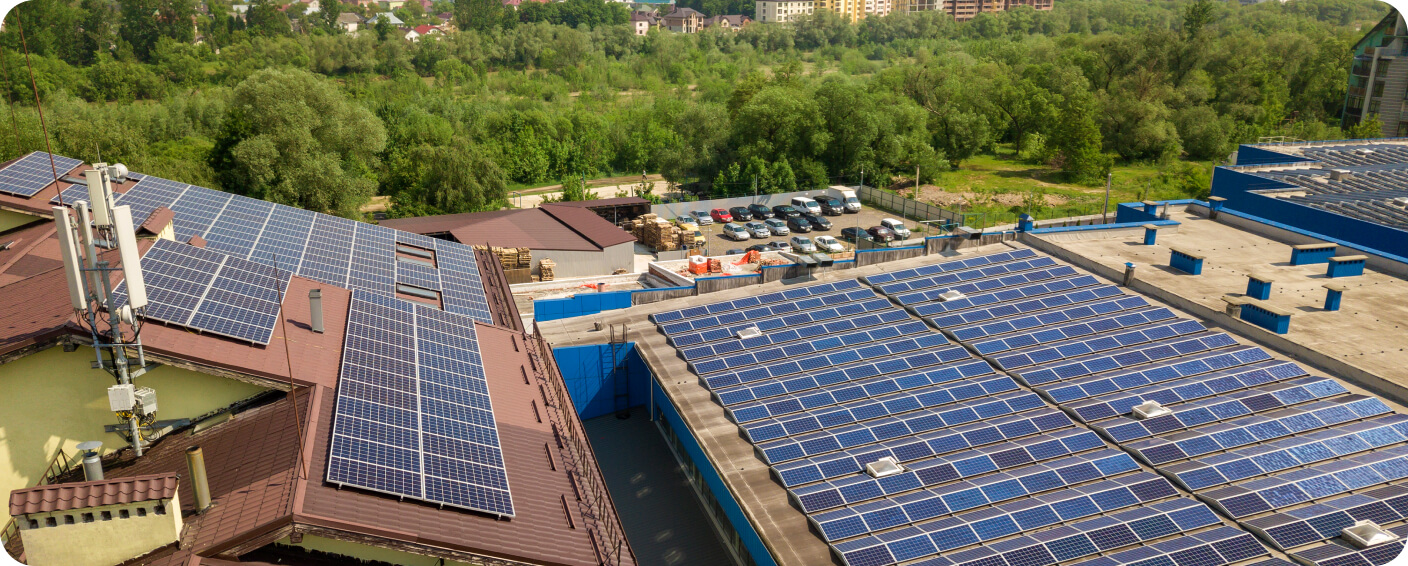
Benefits of Residential Solar
Reduced Electricity Cost
Minimize do away with power bills by producing your electricity from clean sources.
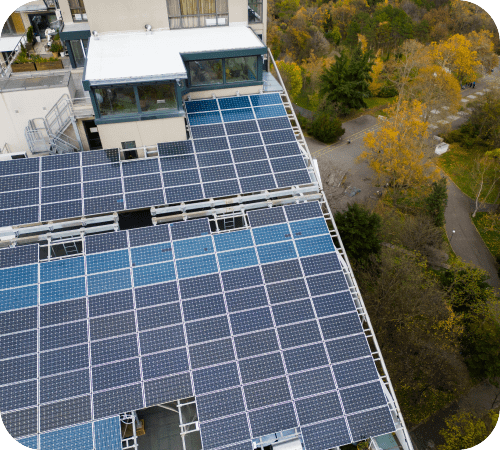
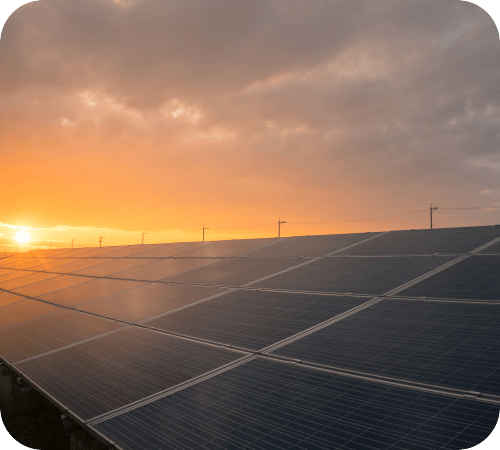
Energy Independence
For enhanced control of energy needed for electricity, water, and gas and the extent to which it is dependent on it.
Higher Resale Value
In today’s world when people are more environmentally conscious, homes having operational solar panels installed in them can be sold at a higher price compared to homes with no such systems.
Sustainability
Cut down your greenhouse gasses by embracing clean and green energy.
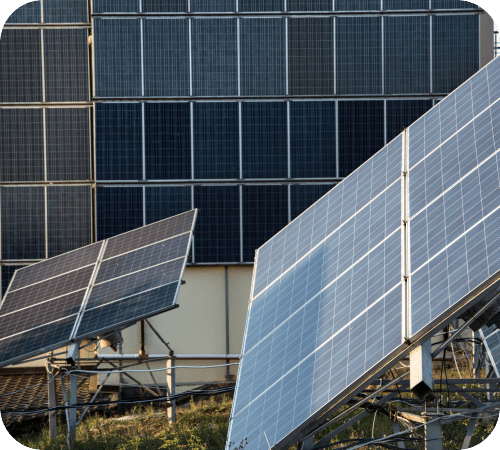
Government Subsidies
Subsidy for Residential Households
- ₹30,000 per kW for systems up to 2 kW
- ₹18,000 per kW for additional capacity up to 3 kW
For systems larger than 3 kW, the total subsidy is capped at ₹78,000.
Subsidy for Group Housing Societies/Resident Welfare Associations (GHS/RWA)
- ₹18,000 per kW for common facilities, including EV charging, up to a total capacity of 500 kW (calculated at 3 kW per house). This upper limit includes individual rooftop installations by residents within the GHS/RWA.

